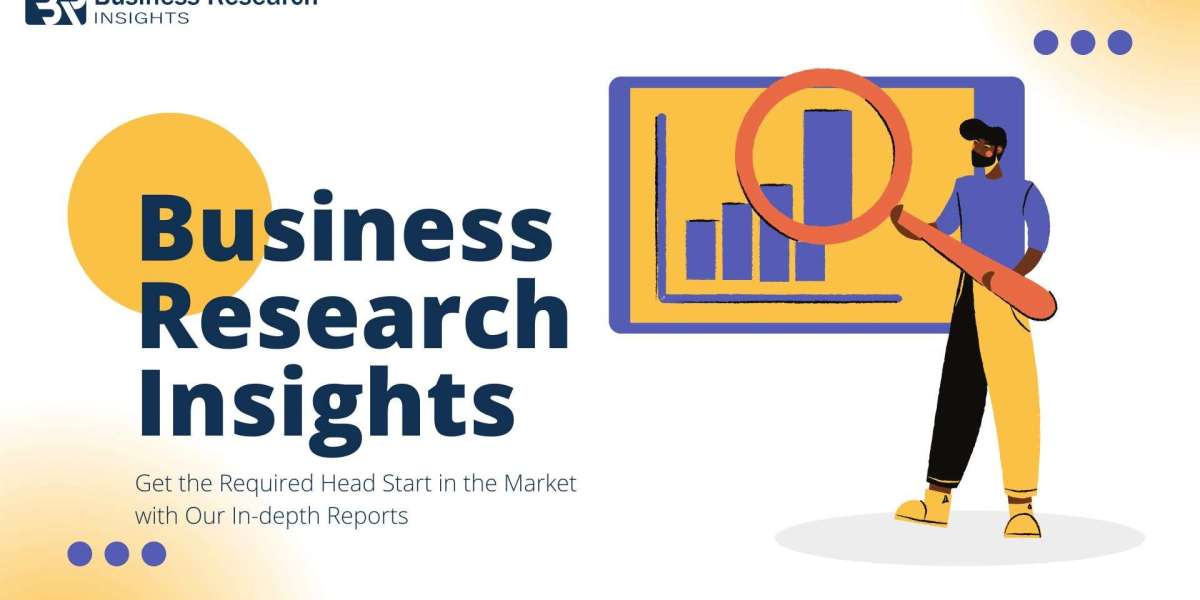The education landscape has undergone significant transformation with the integration of custom software solutions and artificial intelligence (AI). These technologies have revolutionized traditional teaching methods, making education more accessible, engaging, and personalized for learners. In this blog, we will explore how custom software solutions and AI are reshaping the field of education and empowering the future of learning.
I. The Role of Technology in Education:
A. Digital Transformation: Technology has driven the digital transformation of AI in education, moving classrooms from traditional chalkboards to interactive digital platforms.
B. Personalized Learning: Custom software solutions and AI enable personalized learning experiences, catering to the unique needs and learning styles of individual students.
C. Access to Information: Technology provides students with easy access to vast educational resources, expanding their knowledge beyond the confines of the classroom.
II. Understanding Custom Software Solutions in Education:
A. Tailored Educational Tools: Custom software solutions are designed to address specific educational challenges and create tailored tools for teachers and students.
B. Learning Management Systems (LMS): Custom LMS platforms streamline course delivery, content management, and student progress tracking, enhancing the overall learning experience.
C. Gamification and Interactive Learning: Custom software solutions incorporate gamification and interactive elements to make learning more engaging and enjoyable for students.
III. The Rise of AI in Education:
A. Adaptive Learning: AI-powered adaptive learning platforms analyze student performance data to adjust the learning pace and content according to individual needs.
B. Intelligent Tutoring Systems: AI-driven tutoring systems provide personalized feedback and guidance to students, promoting mastery of subjects.
C. Natural Language Processing (NLP): NLP enables AI systems to understand and process human language, making AI chatbots and virtual tutors more effective.
IV. Benefits of Custom Software Solutions and AI in Education:
A. Personalized Learning Experiences:
Individualized Learning Paths: Custom software and AI tailor learning paths to cater to each student's strengths, weaknesses, and learning pace.
Adaptive Assessments: AI-powered assessments adapt to students' performance, providing targeted feedback and identifying areas for improvement.
Customized Content: Custom software solutions create and deliver content tailored to students' preferences and learning styles.
B. Enhanced Teacher Efficiency:
Automated Grading: AI-powered grading systems automate the grading process, saving teachers valuable time and effort.
Data Analysis: Custom software and AI analyze student data, helping teachers identify learning gaps and design targeted interventions.
Resource Management: Custom software solutions help educators manage classroom resources efficiently, ensuring optimal use of teaching materials.
C. Gamification for Increased Engagement:
Interactive Learning: Gamification elements, such as quizzes, badges, and rewards, foster interactive learning experiences that keep students engaged.
Competitions and Challenges: Custom software solutions incorporate competitive elements to encourage healthy academic competition among students.
Progress Tracking: Gamification features enable students to track their progress and set goals, promoting self-directed learning.
D. Data-Driven Decision Making:
Predictive Analytics: AI-driven predictive analytics analyze student data to forecast performance trends and identify at-risk students.
Early Intervention: Custom software solutions and AI enable early intervention strategies to support struggling students before they fall behind.
Long-term Planning: Data insights help educational institutions make informed decisions for curriculum development and resource allocation.
V. Applications of Custom Software Solutions and AI in Education:
A. Virtual Classrooms and Online Learning:
Virtual Learning Environments: Custom software platforms facilitate interactive virtual classrooms, enabling real-time collaboration among students and teachers.
E-Learning Platforms: AI-powered e-learning platforms offer adaptive learning paths and personalized course content for individual learners.
B. AI Tutors and Language Learning:
AI Language Tutors: AI-driven language learning platforms provide individualized language instruction with real-time feedback.
Speech Recognition: NLP-based speech recognition technology assists language learners in practicing pronunciation and fluency.
C. Intelligent Content Recommendation:
Personalized Content Curation: AI-powered content recommendation systems suggest educational materials based on students' interests and previous interactions.
Diverse Learning Resources: Custom software solutions aggregate a wide range of learning resources, providing students with comprehensive study materials.
VI. Addressing Privacy and Ethical Concerns:
A. Data Privacy: Educational institutions and software developers must prioritize data privacy and implement robust security measures to protect student information.
B. Ethical AI Use: Custom software solutions and AI platforms should adhere to ethical AI principles, avoiding bias and ensuring fairness in learning experiences.
Conclusion:
Custom software solutions and AI have emerged as transformative forces in education, reshaping how students learn and how teachers deliver instruction. These technologies offer personalized learning experiences, empower teachers to be more efficient, and engage students through gamification. The data-driven insights provided by custom software solutions and AI enable educational institutions to make informed decisions and intervene early to support struggling students. Virtual classrooms and AI tutors have expanded learning opportunities beyond traditional boundaries, making education accessible to a wider audience. As we move forward, it is essential to address privacy and ethical concerns, ensuring that custom software solutions and AI in education remain ethical, secure, and focused on empowering the future of learning.



